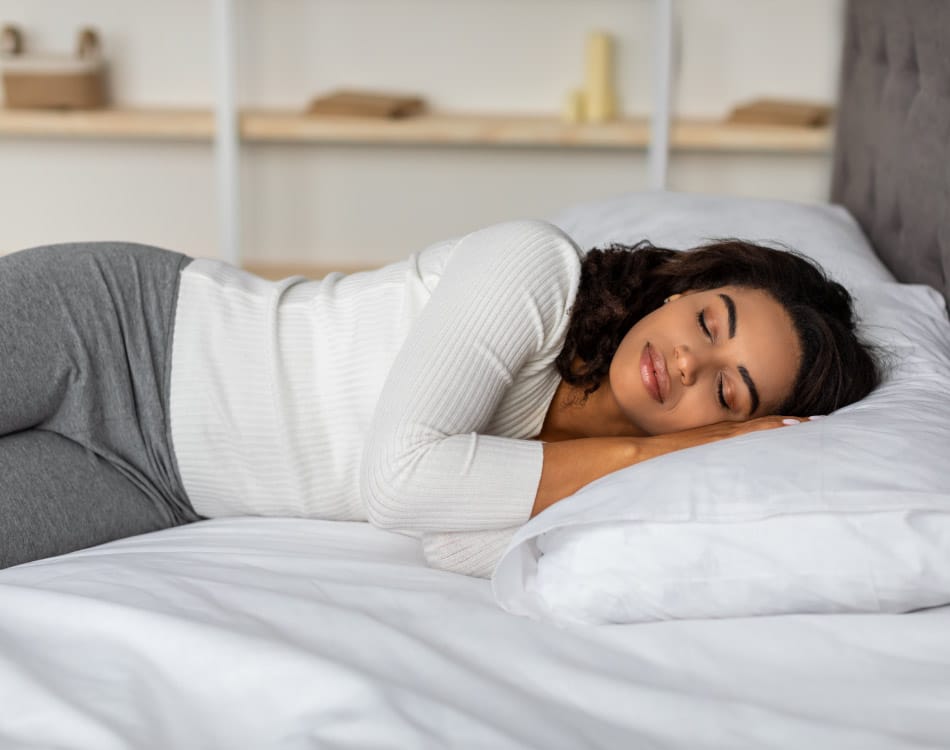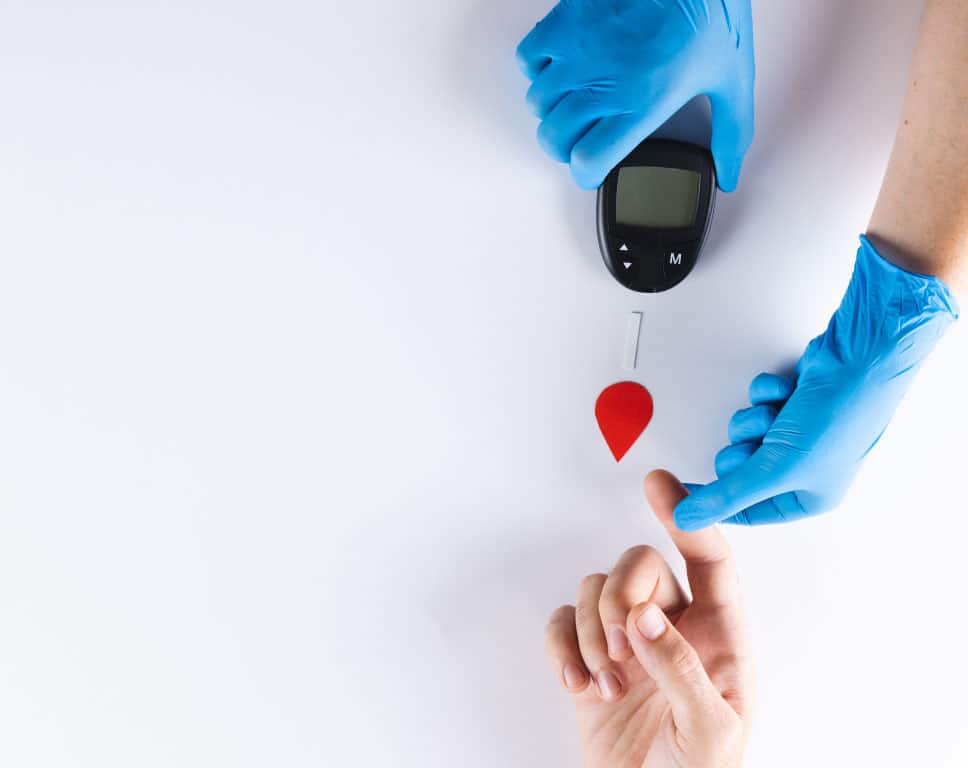When an illness like a cold or the flu takes hold, most people reach for an over-the-counter medicine for some symptomatic relief and, hopefully, a faster recovery, but many fail to consider the potential benefits that a sleep support supplement can deliver.
We often underestimated the impact that getting enough restorative sleep has when we are battling an infection – only 40.5% of respondents in global survey1 said they slept more to feel better when sick.
READ MORE | Spring Clean Your Sleep Routine For Better Health, Added Vitality And More Energy
A bidirectional relationship
Sleep and the immune system share a bidirectional relationship, as sufficient sleep bolsters our immune defences while a strong immune system helps us sleep better.
During sleep, immune cells perform surveillance functions that helps identify and eliminate abnormal cells, or attack pathogens like viruses or bacteria that have entered the body.
And various studies1 suggest a causal link between reduced sleep and our susceptibility to cold and flu infections.
When we battle an infection, sleep may also be an important factor in limiting symptoms and promoting recovery1 by supporting our body’s natural immune response and healing mechanisms.
READ MORE | More Reason To Sleep Better, Now!
Repair and rebuild
Various repair and rejuvenation processes happen while we sleep that support optimal immune system function.
For instance, adequate sleep enhances the production of immune cells, including T cells, antibodies that help identify and neutralise harmful pathogens, and cytokines, which are proteins that aid in cell signalling and coordinating immune responses.
These cells all play critical roles in fighting off viruses and bacteria, and help to reduce inflammation.
Our bodies also produce more of the important hormones and growth factors that promotes cell and tissue repair and recovery while we sleep.
READ MORE | Become A Super Sleeper With These Tips And Sleeping Aids
Easing respiratory symptoms
Our airways relax as we sleep, which often helps to improve airflow and may reduce the severity of common cold and flu symptoms that target the respiratory system, like coughing, congestion, and sore throat.
Additionally, sleep helps clear the airways of mucus and irritants, which can promote easier breathing and a more comfortable recovery from respiratory-related symptoms.
READ MORE | Break Bad Bedtime Habits To Sleep Better
Sleep deprivation
We also run the risk of prolonging an infection or making symptoms worse if we fail to get sufficient sleep when we are sick.
Research2 indicates that sleep deprivation can weaken our immune response by adversely affecting white blood cell and neutrophil counts in humans. This can increase systemic inflammation, which may worsen symptoms, and impacts the body’s ability to fight infections.
And sleep deprivation can impair the important immune surveillance role that antigens perform while we sleep, which could increase our risk of getting sick.
Prioritise sleep
When we get sufficient restorative sleep, with right amount of deep, REM and light sleep for 7-9 hours a night, we give our immune system the necessary support it needs to fight off infections or combat cold and flu viruses effectively, which could help us bounce back from illness sooner.
Follow these steps to optimise your sleep when sick:
1, Create the right environment
Keep the your room cool, dark, and quiet to create a comfortable and relaxing environment that is more conducive to falling asleep sooner and staying asleep.
2. Maintain a consistent sleep schedule
Establish a regular sleep routine and keep following it when you are sick. A set routine helps regulate your body’s internal clock and promotes better sleep quality.
3, Add some sleep support
Give the quality of your sleep a boost with a few natural sleep aids and enhancers that can help you fall asleep faster, sleep deeper and stay asleep through the night.
4. Treat symptoms
Coughing is a major cause of poor sleep during a cold or flu1. Taking over-the-counter or prescribed medication for symptomatic relief from a cold or flu before bed, such as cough suppressants or decongestants, can help improve sleep quality. Just stay away from products that contain stimulants as these can affect your ability to sleep. If you experience congestion, elevating your head with an extra pillow can help alleviate nasal congestion and make breathing easier to promote better sleep.
5. Stay hydrated
Adequate hydration is vital for optimal recovery. Ensure you drink enough fluids throughout the day to prevent dehydration, which can disrupt sleep.
6. Get extra sleep
Take naps during the day if needed to supplement nighttime sleep.
References:
- Gill Phillipson, Sue Aspley, Ingo Fietze. Perceptions of the Importance of Sleep in Common Cold—Two Online Questionnaire-Based Surveys. SN Compr. Clin. Med. 2, 596–605 (2020). https://doi.org/10.1007/s42399-020-00265-5.
- Hui Liu, et al. Effects of sleep and sleep deprivation on blood cell count and hemostasis parameters in healthy humans. Journal of Thrombosis and Thrombolysis. July 2008. 28(1):46-9. DOI:10.1007/s11239-008-0240-z















